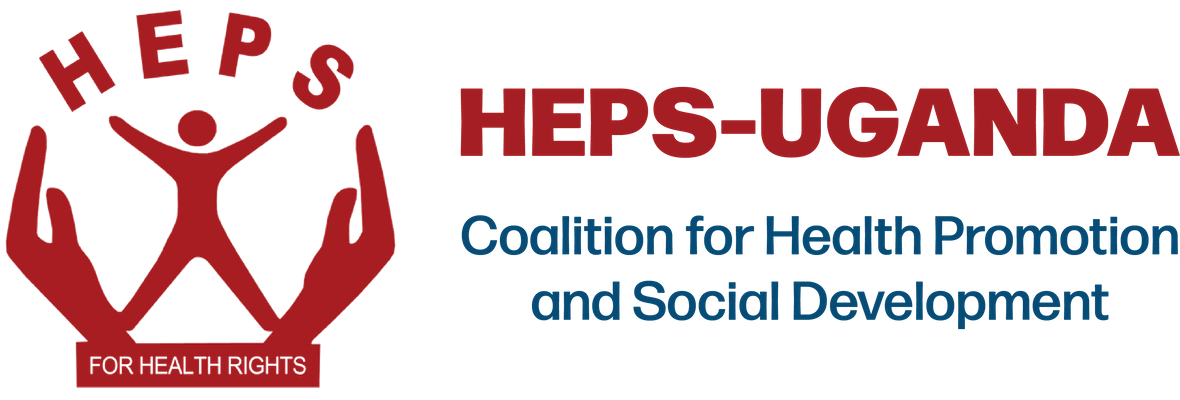- Version September 2022
- Download 51
- File Size 936.43 KB
- File Count 1
- Create Date 21/03/2023
- Last Updated 21/03/2023
Access to COVID-19 Diagnostics, Vaccination and Treatment Services in Uganda
Coronavirus disease 2019 (COVID-19) was declared by the World Health Organization (WHO) a
‘Public Health Emergency of International Concern on 30 January 2020, and then declared a global
pandemic on 11 March 2020 (WHO, 2022c). COVID-19 has since affected millions of people all over
the world. As of 8 July 2022, a cumulative total of 551.2 million confirmed cases, including 6.3
a million deaths had been reported to WHO (WHO, 2022b). In Uganda, the Ministry of Health reports that the country has accumulated an estimated 163,301 cases, including 3,588 deaths (MoH, 2022).
WHO recommends that all individuals suspected of being infected with SARS-CoV-2 be tested. The
diagnosis process involves the analysis of samples for the current or past presence of SARS-CoV-2, the virus that causes the highly infectious COVID-19. The standard diagnostic method for SARS-CoV-2 is the use of the Polymerase chain reaction (PCR) from a nasopharyngeal or oral swab. However, different
countries have used rapid antigen tests for community screening; antibody tests to survey their
populations; and antibody tests upon request (Secaucus, 2020). In Uganda, there are 26 accredited
laboratories for conducting COVID-19 PCR tests.




